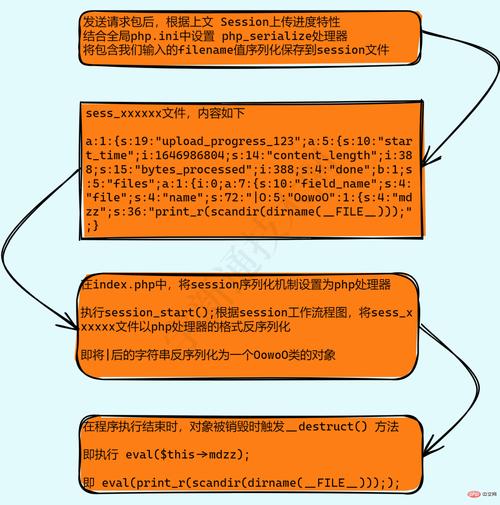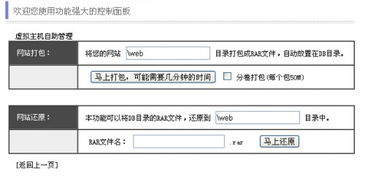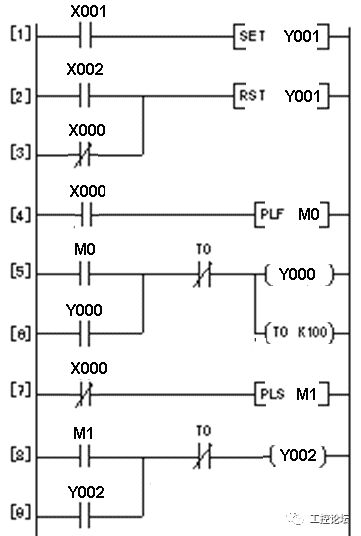Title: A Comprehensive Guide to PHP API Programming
In the realm of web development, PHP stands as a stalwart language, particularly in API (Application Programming Interface) development. APIs serve as the backbone for communication between different software systems, enabling seamless data exchange and functionality integration. In this comprehensive guide, we'll delve into the intricacies of PHP API programming, covering everything from the basics to advanced techniques, fostering a robust understanding and facilitating effective communication and collaboration within the developer community.
Understanding PHP APIs
What is an API?
An API acts as an intermediary that allows different software applications to communicate with each other. It defines the methods and data formats that applications can use to request and exchange information.
Why PHP for API Development?
PHP's versatility, ease of use, and widespread adoption make it an ideal choice for API development. Its extensive documentation, rich ecosystem of libraries and frameworks, and builtin support for various data formats streamline the development process.
Getting Started with PHP API Development
Setting Up Your Development Environment
Ensure you have PHP installed on your system, along with a web server like Apache or Nginx. Familiarize yourself with tools like cURL or Postman for testing APIs.
Creating Your First PHP API
Start by defining the endpoints for your API and implementing the necessary logic using PHP. Follow RESTful principles for designing clear and intuitive APIs.
Advanced PHP API Techniques
Authentication and Authorization
Implement robust authentication mechanisms such as JWT (JSON Web Tokens) or OAuth to secure your API endpoints. Utilize PHP libraries like `firebase/phpjwt` for JWT authentication.
Handling Requests and Responses
Leverage PHP frameworks like Laravel or Symfony for efficient request handling and response generation. Use middleware for preprocessing requests and postprocessing responses.
Data Validation and Sanitization
Prevent security vulnerabilities and ensure data integrity by validating and sanitizing input data. Utilize PHP's filter functions and validation libraries like `Respect/Validation`.
Error Handling
Implement structured error responses to provide meaningful feedback to API consumers. Use HTTP status codes appropriately and include relevant error messages in the response body.
Best Practices for PHP API Development
Versioning
Adopt a versioning strategy to manage changes to your API over time. Include the version number in the API endpoint URLs to ensure backward compatibility.
Documentation
Create comprehensive documentation for your API, detailing endpoints, request/response formats, authentication methods, and usage examples. Tools like Swagger or OpenAPI Specification can assist in generating API documentation.
Testing
Implement automated testing for your API using tools like PHPUnit or Postman's testing features. Write test cases to cover different scenarios and ensure the reliability and stability of your API.
Performance Optimization
Optimize your API for performance by caching frequently accessed data, minimizing database queries, and leveraging techniques like pagination and rate limiting to manage resource usage.
Collaborating and Sharing Knowledge
Joining Developer Communities
Participate in online forums, mailing lists, and social media groups dedicated to PHP development and API programming. Engage with fellow developers, share insights, and seek assistance when needed.
Contributing to Open Source Projects
Contribute to open source PHP projects related to API development to enhance your skills and give back to the community. Collaborate on projects hosted on platforms like GitHub or GitLab.

Attending Workshops and Conferences
Attend workshops, webinars, and conferences focused on PHP and API development to stay updated on the latest trends and technologies. Network with industry professionals and gain valuable insights into best practices.
Conclusion
PHP API programming presents a vast array of possibilities for developers, empowering them to build robust and scalable systems that facilitate seamless integration and interoperability. By mastering the fundamentals, exploring advanced techniques, and embracing best practices, developers can create APIs that not only meet the needs of their applications but also contribute to the broader developer community's collective knowledge and expertise.
Happy coding!
Note:
This guide aims to provide a comprehensive overview of PHP API programming. For indepth tutorials and specific use cases, refer to relevant documentation and resources available online.版权声明
本文仅代表作者观点,不代表百度立场。
本文系作者授权百度百家发表,未经许可,不得转载。











